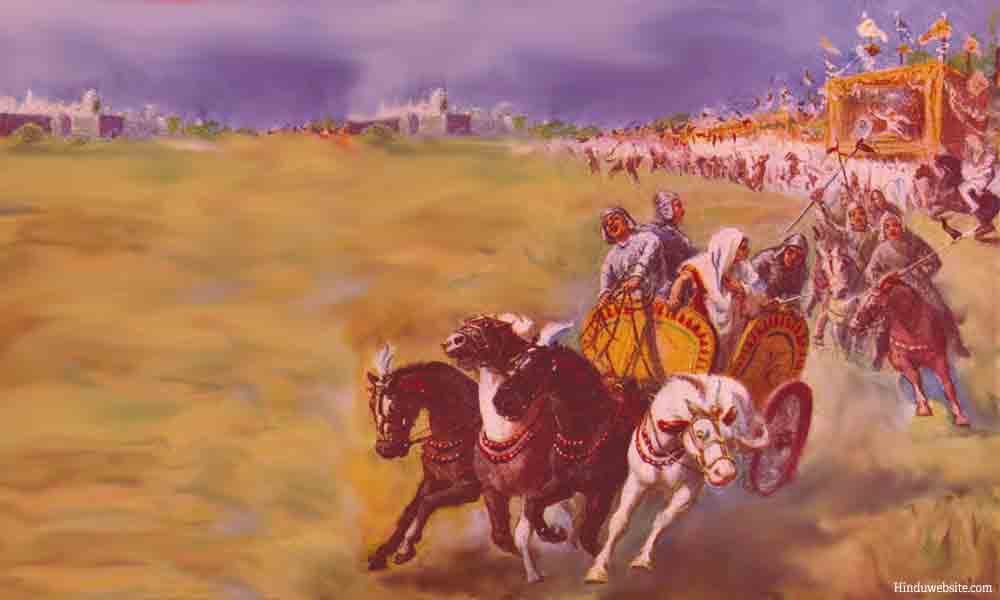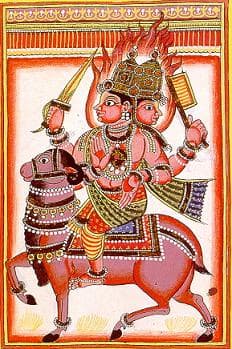🧵 View Thread
🧵 Thread (26 tweets)

one curious feature of language is gender https://t.co/Qy6WNUCaAa

you are most likely vaguely familiar with gender in english (barely retained) and in european languages: for example, france's charming habit of classifying absolutely everything as male or female german, like latin, has three genders: masculine, feminine, neuter https://t.co/3ttvLx3c9u


to an english speaker, where gender is only really used to refer to obviously-gendered objects like people and boats, the inclusion of a neuter gender seems natural: of course most things have no "gender," and so a language might obviously include "non-gendered" things as class

let us RETVRN for a moment to our roots https://t.co/XSsr13RpVy


like many languages, English, French, and German are descended from the "Proto-Indoeuropean" (PIE) language spoken by the peoples of a distant past who poured out of the steppe into Europe, India, and even further beyond https://t.co/wQTSbXlxcl

PIE grammatical gender, in its earliest forms, knew neither male nor female Instead, its "gender" was divided by _animacy_: was a thing's nature alive and agentic, or passive and inert? So did our forebears perceive the world

Although we will focus on PIE and her daughters, animacy is a common determinant of gender in other language groups, some of which allow finer gradations from which we may inductively derive a universal human consensus on the hierarchy of animacy of things

Generally, humans agree that animacy is observed (from greatest to least) in 1st person 2nd person 3rd person Proper names Humans Animals Plants Natural forces Concrete objects Abstractions This scale is intuitive, although more useful for some purposes than others

It specifically allows us to comment on the retention of English gender for pronouns for humans, and occasionally for animals and dear objects (boats): this is a recognition of their spirit This is why "they" is used as a de-"gendered" pronoun instead of the inanimate "it"

PIE often had words for "things" or substances in each of the genders A commonly remarked-upon example is fire The PIE term for inert fire comes to us as "pyre," "furnace," "fire" itself Animated fire's daughters are igneous, ignition, and--notably--Agni, a Vedic God of Fire https://t.co/JThVG4VJ9m


What is the meaning of Agni and what relation does he bear to PIE's animated fire? The Vedic transition from the animated fire *h₁n̥gʷnís to the god Agni represents a movement of the spirit of fire from the numinous realm to personified divinity

This is in a sense a promotion: no longer is animated fire a spirited substance but a cosmic force It is also a removal of spirit from the familiar to the distant By entombing the spirit of fire in a distant god, earthly fire is rendered wholly inert or neuter

Time passed. Empires rose. The primordial gods of embodied spirits were cast to Tartarus and the gods of social abstractions rose to Olympus; but these too were animated: war, wisdom, sex, craft, commerce, other kinds of war, strength, death

Time passed. Empires fell. Universal Gods displaced the pantheons. The spirit moved upon the waters, it was written; but the spirit was not _of_ the water, and though the earth had form it was form alone, without agency, and the divine kingdom departed for realms superlunary

Time marched on. Men lost interest in functional programming altogether and simply did away with the notion of the sacred which had really gotten a bit stale. Fire was investigated further and it was determined that it was actually not, and had never even been, fire in any case

Years flew by. Masculinity and femininity, the last vestiges of animacy in language, were close to elimination. Bread was no longer broken: calories were ingested. Sex was abstracted. Animals were raised in factories, and never given names. Humans were assigned numbers.

In this age, at long last, the very notions of distinction and agency shall be laid to rest, and will soon be forgotten; the true gender wars will finally be over, and the inert will claim total victory. At long last, we will no longer have any problems. https://t.co/ti4lkWLJLF

They shall not come with warships,They shall not waste with brands,But books be all their eating,And ink be on their hands.Not with the humour of huntersOr savage skill in war,But ordering all things with dead words,Strings shall they make of beasts and birds,And wheels of wind and star.